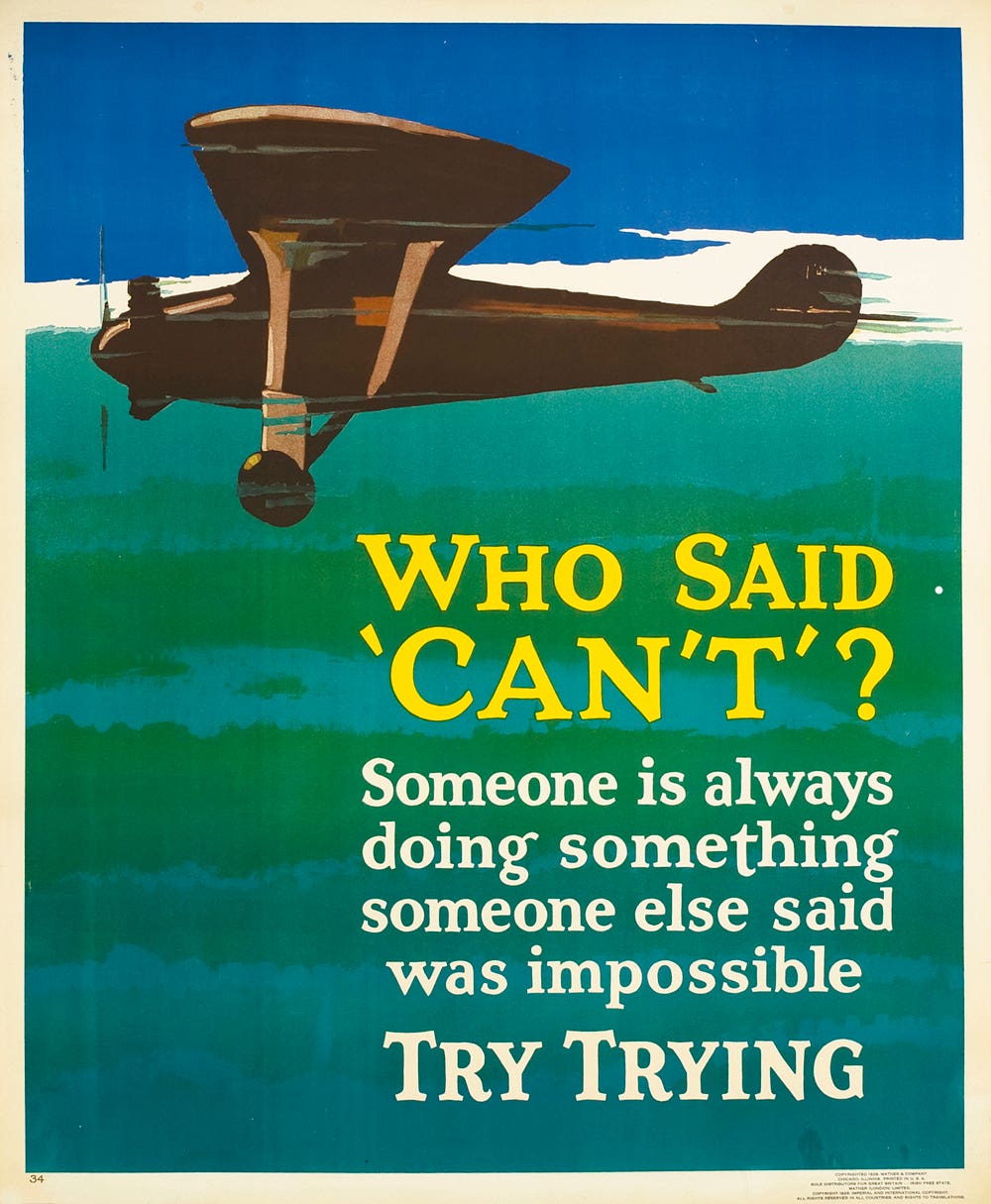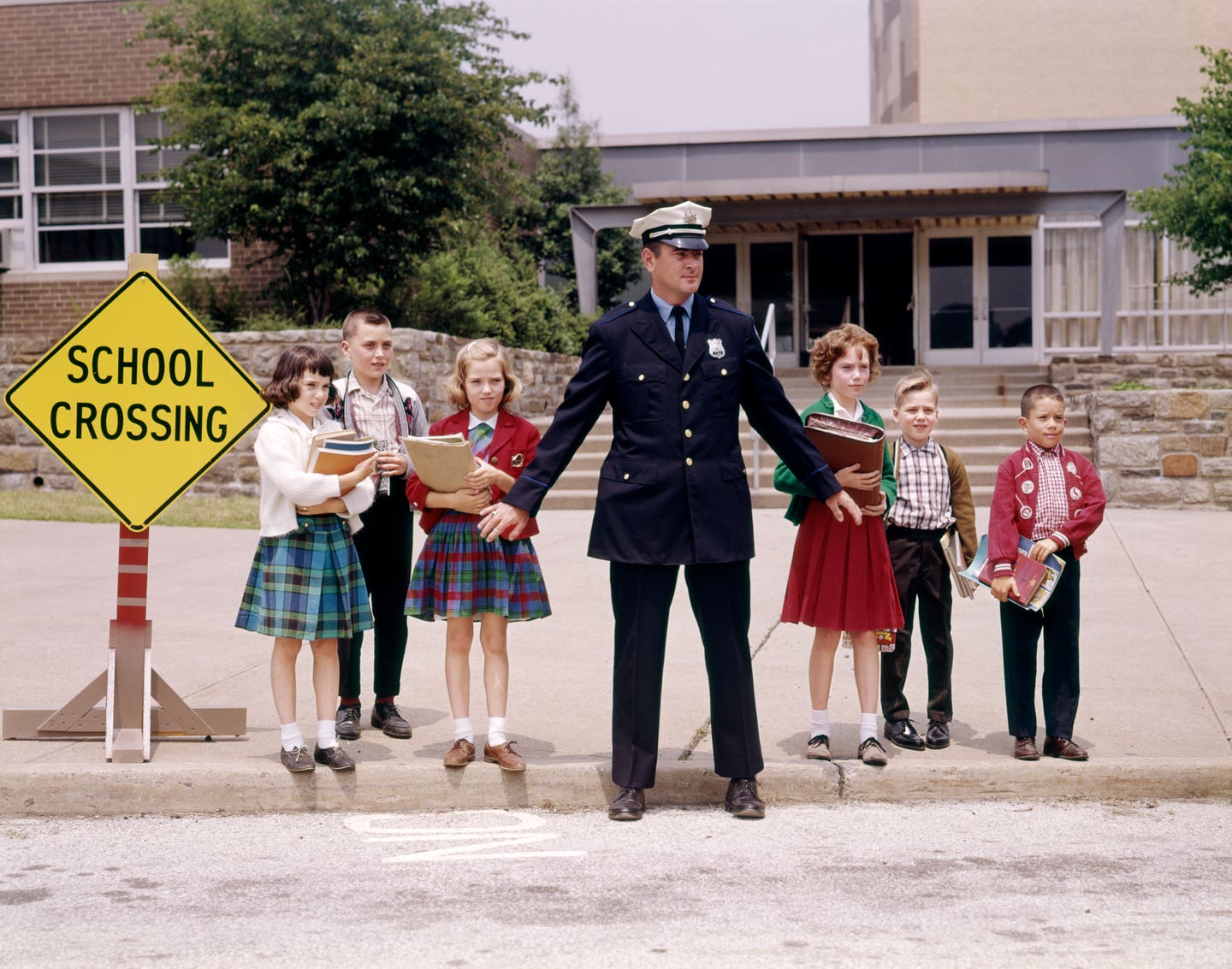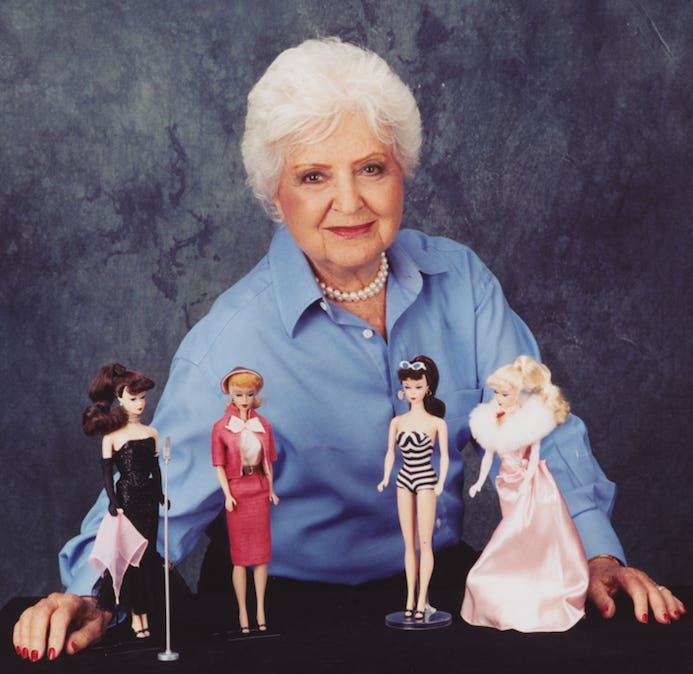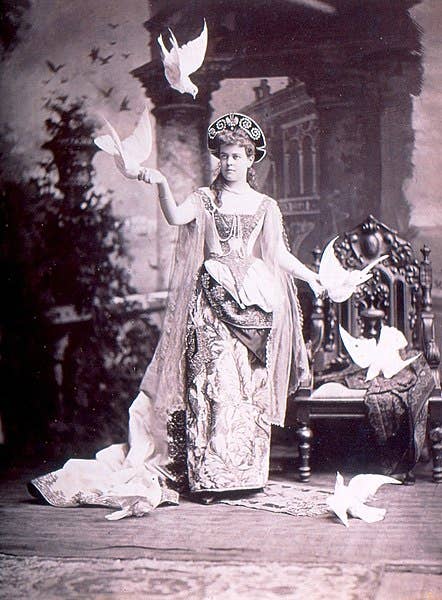Presidents and the official turkey pardon
In 1987, a turkey named Charlie ended up at a petting zoo instead of on the dinner table of President Ronald Reagan. Although Reagan had reportedly been sparing the life…
In 1987, a turkey named Charlie ended up at a petting zoo instead of on the dinner table of President Ronald Reagan. Although Reagan had reportedly been sparing the life of every turkey presented to him since at least 1982 and sent them to farms and zoos, he is the first president on record issuing a “pardon” to his turkey, Charlie. It was President George H. W. Bush who officially started the turkey pardoning in 1989, and it’s been a tradition since.
Presenting a turkey to the president started in the late 1800s. Horace Vose, the so-called poultry king of Rhode Island, gave a turkey to the president each year from 1873 until his death in 1913, according to TheNew York Post.
In the early 1920s, a Chicago girls club sent Warren Harding a prize turkey that they had fattened up on chocolates. Calvin Coolidge received turkeys, quail, ducks, geese, rabbits and a deer. The Coolidge family also received the oddest gift intended for Thanksgiving dinner: In 1926, a raccoon arrived at the White House from Mississippi along with the sender’s assurances that the animal had a “toothsome flavor.” The Coolidges declined to eat the Thanksgiving raccoon and instead turned it into a pet, which they named Rebecca, according to the Post.
Turkeys began being given officially to presidents at The National Thanksgiving Turkey Presentation starting with Harry Truman in 1947. The turkeys are from the National Turkey Federation and usually males of the Broad Breasted White variety.
Many sources erroneously attributed the origin of the turkey pardon to Truman, but the Truman Library says that no documentation is known to exist that specifies that he ever “pardoned” a turkey; however, there are records that he publicly admitted to eating at least some of them. He wasn’t the only one. The Eisenhower Presidential Library says documents in their collection reveal that President Dwight Eisenhower also ate the birds given to him during his two terms.
President John F. Kennedy spontaneously spared a turkey on Nov. 18, 1963, just days before his assassination. The bird was wearing a sign reading, “Good Eating Mr. President.” Kennedy returned the massive 55-pound turkey to the farm, saying, “We’ll let this one grow.”
President Richard M. Nixon began the practice of freeing the turkeys to petting farms, and other presidents continued this trend, sending them to Frying Pan Farm in Reston, Va., Disneyland, Mount Vernon and other places.
A flock of between 50 and 80 birds, typically from the farm of the current National Turkey Federation chairperson, are selected and raised to be acclimated to handle loud noises, flash photography and large crowds; from the flock, the 10 to 20 best-preened and best-behaved are chosen and eventually narrowed down to two finalists, whose names are chosen by the White House staff from suggestions by school children from the state where they were raised, according to The National Turkey Federation.
The two finalists are then transported to Washington and stay at the Willard InterContinental Washington Hotel at the National Turkey Federation’s expense before being pardoned in a ceremony at the White House. The turkeys for the presentation are usually 21 week-old males weighing 45 pounds.
Broad Breasted White turkeys are bred for size at the expense of longer life, making them prone to health problems associated with obesity such as heart disease and joint damage. For many years, the pardoned turkeys were documented to have short lives after their pardoning, frequently dying within a year; in comparison, a wild turkey has a lifespan of at least five years.
TNTF said the lifespans of the pardoned turkeys have steadily improved in recent years, however, and they frequently live to over two years and occasionally three years of age, an improvement attributed to better choices of homes after the pardons. Rather than serving solely as tourist attractions, the turkeys are now placed in the care of experts, who make conscious efforts to maintain the turkeys’ health for as long as possible.








